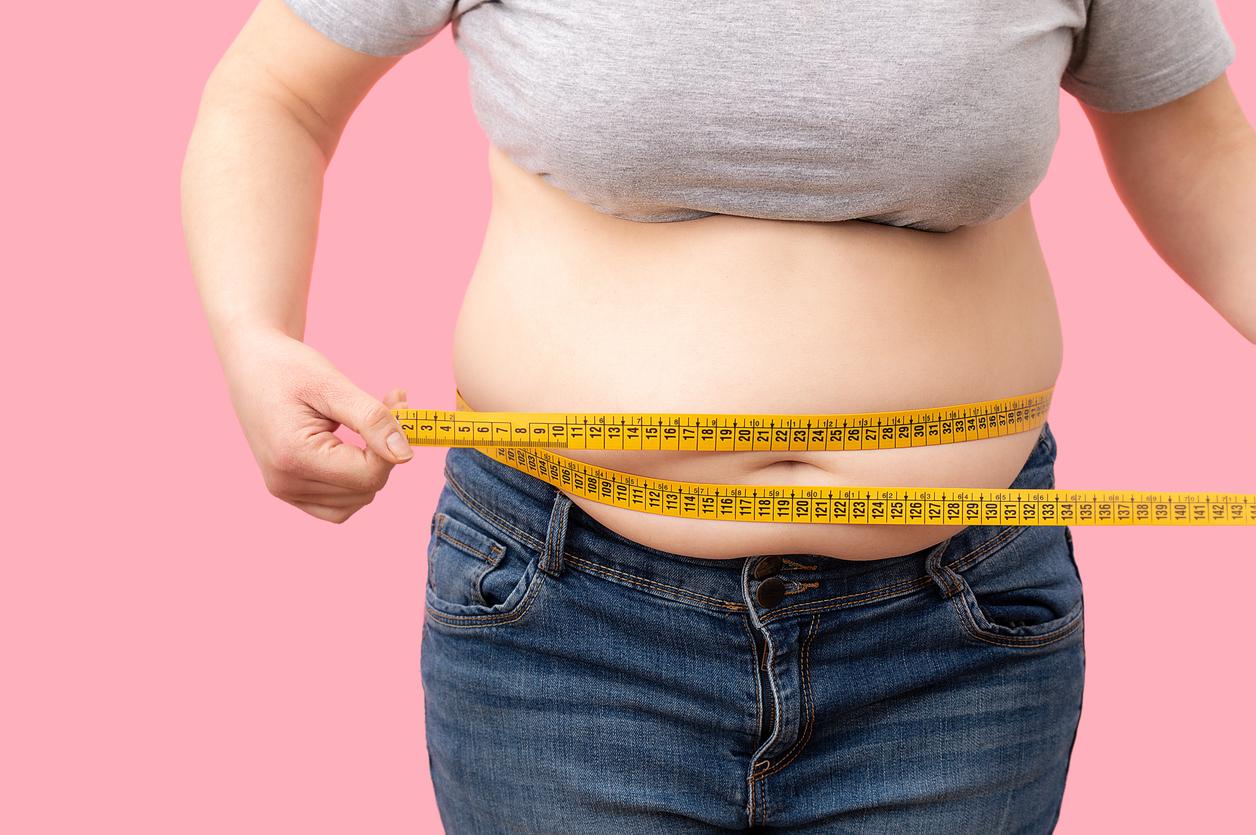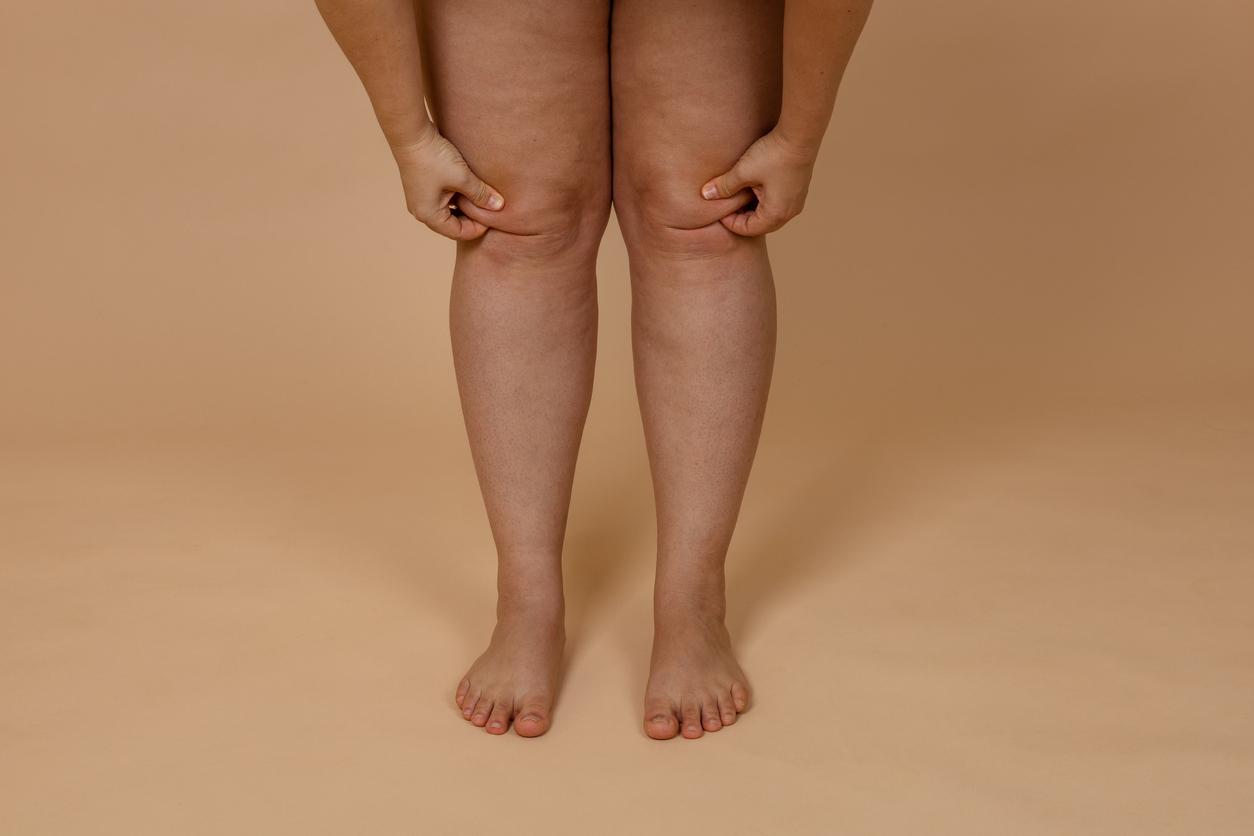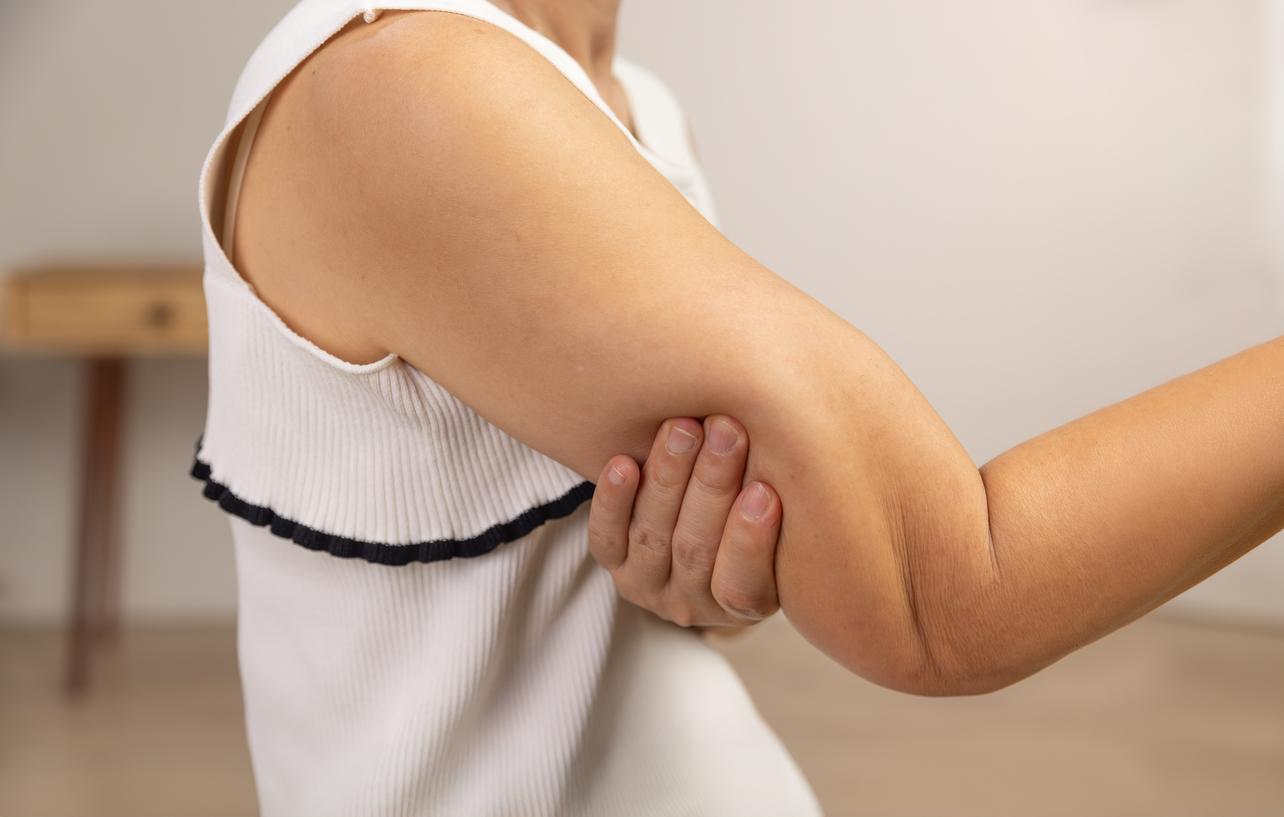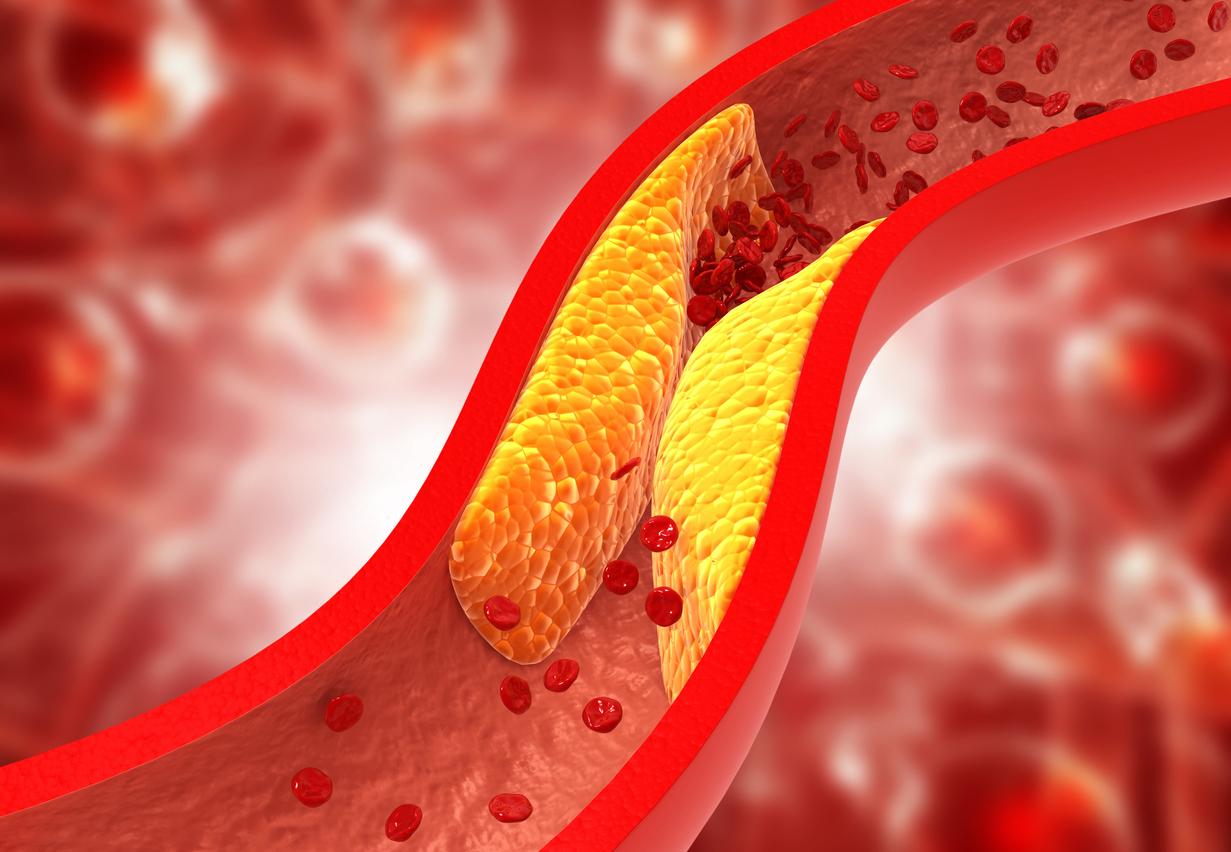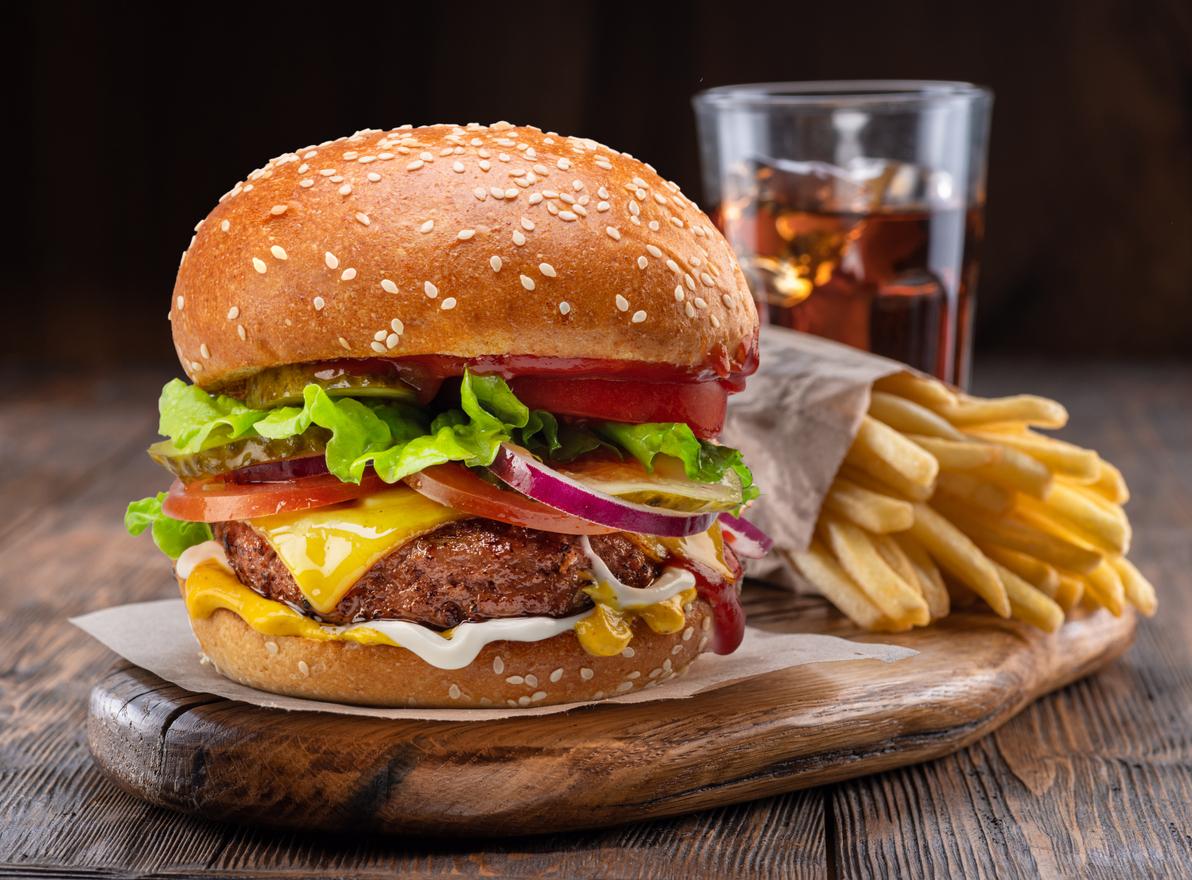Have you recently cut back or stopped your workouts altogether and are afraid that hard-earned muscles will instantly turn into fat? Don’t worry, it won’t happen. On the other hand, stopping physical activity will cause other inconveniences, and Professor François Carré explains which ones.
No, a muscle cannot turn into fat …
First of all, let’s sweep away a received idea. Because they are of different nature, fat cells absolutely cannot turn into muscle cells. If you do less (or more at all) sport, you will have a problem of substitution, and no transformation. “In fact, your muscles will melt, decrease in volume and thickness, and be replaced by fat, which will therefore take up more space”, explains the expert.
To better understand the subtlety of the phenomenon, imagine yourself with a cast in your thigh after a fractured femur (which we obviously do not wish you). “Well, if you remove the cast after a few days, you will find that you have a muscular leg, because it is maintained, and another of less volume. But the muscle will not have been replaced by fat because you will have continued to move in general. “
But that’s no reason to quit the sport
Know this: genetically, you are a hunter-gatherer, our ancestor to all. “And the hunter-gatherer had two characteristics, continues the professor. He was initially very enduring and walked several kilometers a day to exhaust his prey. On the other hand, he was faced with periods of famine. To survive, our evolution has therefore set up a food storage system. ” The problem ? “Today, and especially since the industrial revolution, we move less, but we still store! The system therefore does not work properly, and fat replaces muscle size.”
But of course, you’re not just going to gain fat by quitting sports. Other problems, including shortness of breath, will be added to the empowerment of fat cells: “If I don’t get short of breath going up a flight of stairs, it’s because I have proteins in my muscles called enzymes that take in oxygen and work the muscle to contract well. if I stop moving, the genes no longer code for those proteins. So you experience a drop in enzymes. And not only do you get tired faster, but your muscles also hurt. It’s quite simple, actually. “
In addition, any break in physical activity has deleterious effects on your cardiovascular system. But if the mass of your heart muscle does not decrease a priori (“it may be true in animals, but in humans, we don’t know”, explains the professor), its functioning loses quality: “The less I put in the more effort, the more it loses its ability to fill and empty well. In addition, it will beat faster, since its motor is regulated by two cables: the brake and the accelerator. The less I move. , the less powerful the brake, the faster the heart beats. ” In short, you will understand: it is better to resume your cardio sessions as soon as possible.
Read also:
- The health benefits of walking
- How many steps to take each day to lose weight?
- Should you buy a connected watch to take care of your health?
- The iliac psoas, this stranger to take care of
- Running: these mistakes to avoid when starting out










